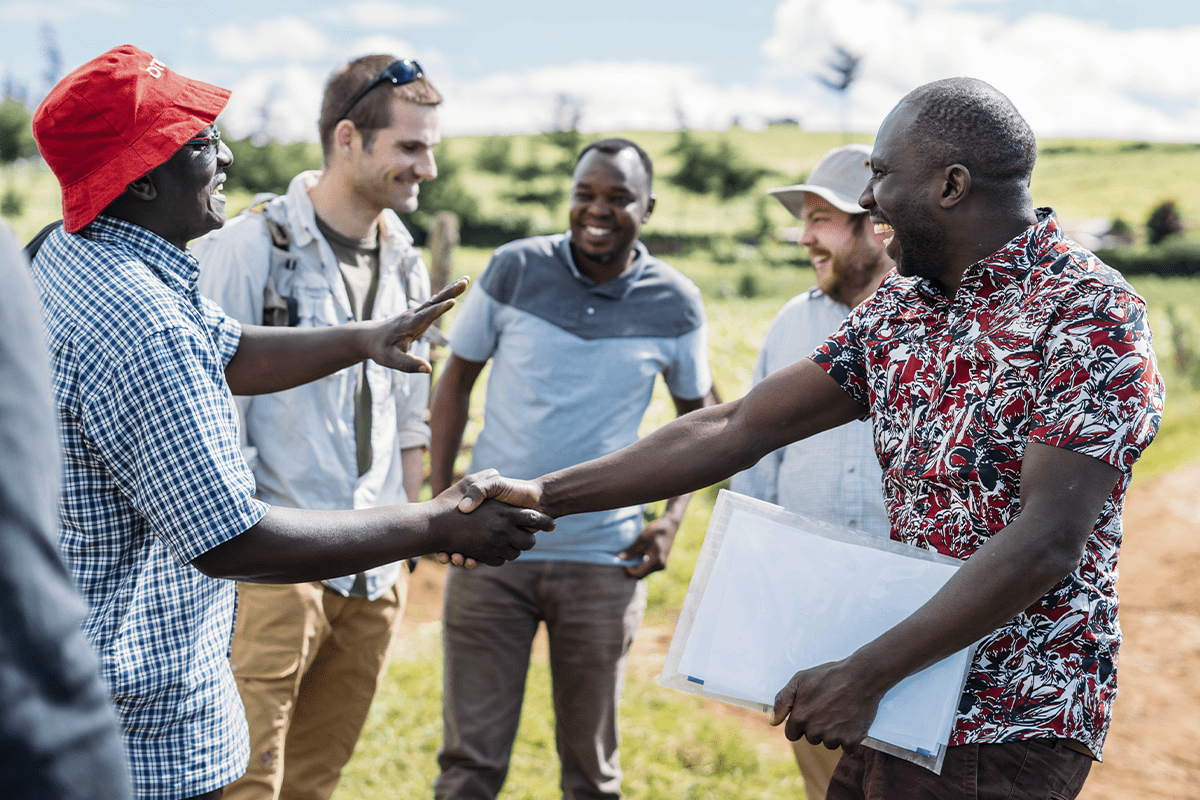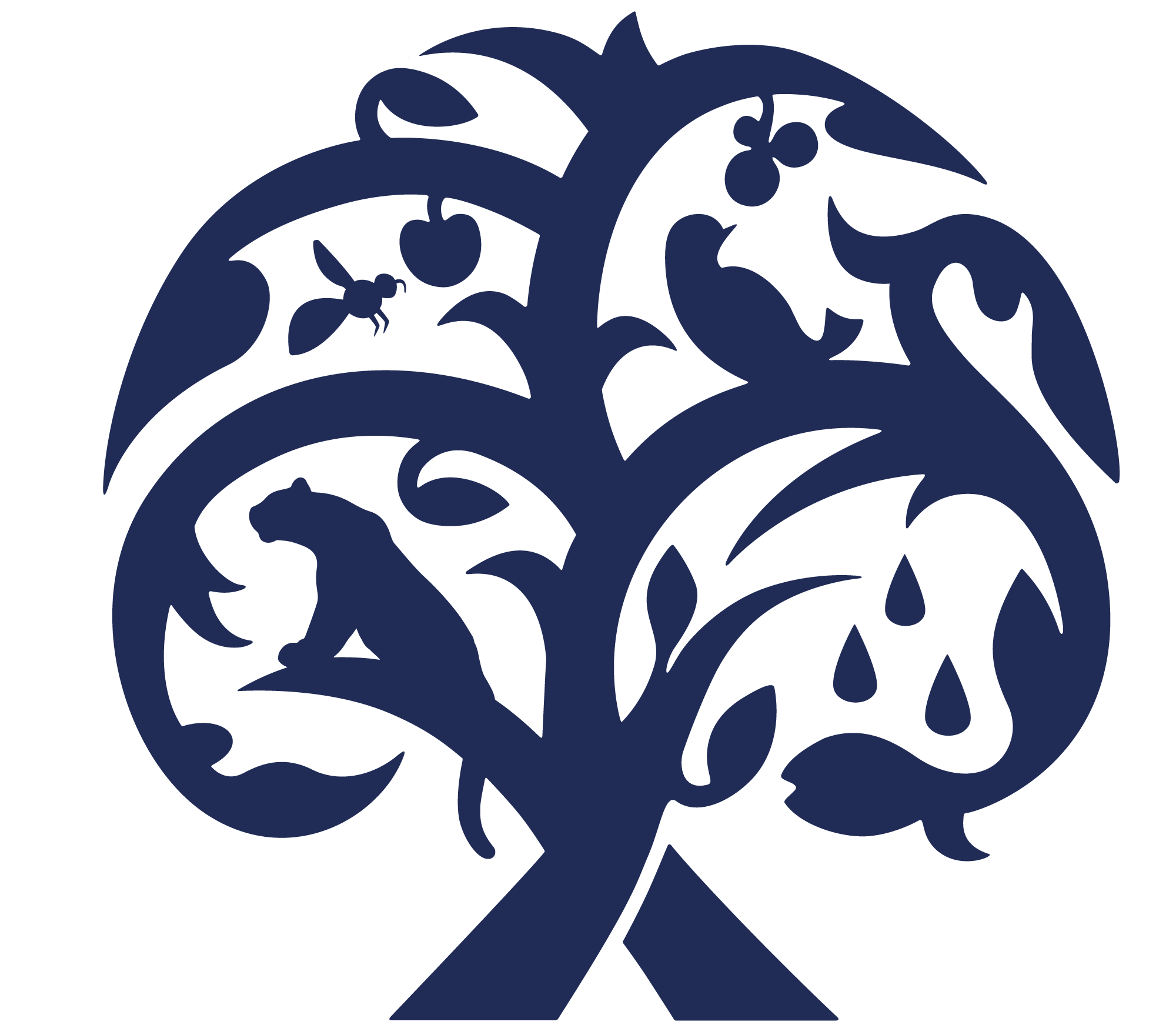Search DGB
-
Services
-
Products
-
Nature-based solutions
-
Stakeholders
-
How it works
-
DGB Group
-
Investor information
-
Group services
-
Insights
-
Sessions & Guides
Search DGB
It looks like you’re browsing from Netherlands. Click here to switch to the Dutch →
x
LATEST ARTICLE
The VSME Standard for SMEs: Simplified ESG reporting in the EU Read Article





